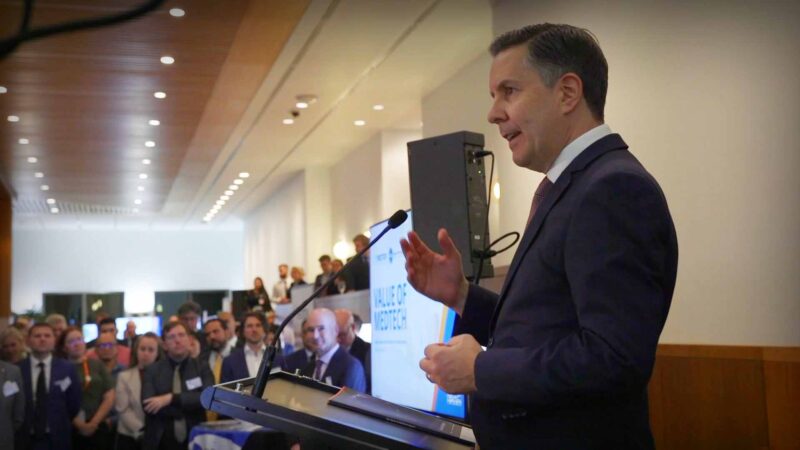Clinical trials are essential in developing new, improved, and more effective treatments and interventions. Without trials, researchers and professionals in the field cannot properly determine whether these new treatments and interventions are safe and effective.
Furthermore, when larger group testing occurs, this allows researchers to identify and ensure that any improvements resulting from the intervention occurs for as many people as possible and are not just occurring in one individual.
Ahead of the J.P. Morgan Health Conference in San Francisco in January 2023, Australian Health Journal met with Clinials CEO & Founder Maree Beare about developing the next generation recruitment platform and digital marketing service for clinical research. Maree talks about the reasons why clinical trials can fail and the importance of bringing participants much more closer to researchers.
With this need, the Clinials platform is geared towards patient centric trials and reducing site burden. The aim is to accelerate lifesaving medicines coming to market by connecting participants and researchers. The platform allows participants to come to researchers with their eligibility in hand among other capabilities.
Supporting CRO’s, sites and sponsors, the Clinials platform uses AI to convert complex trial protocol into plain language and pre-screening questions. This gives researchers the tools to communicate with their participants meaningfully. The plain language text can be used in a variety of situations like researcher led advertising, landing pages and plain language summaries.
You Might also like
-
Intervention in hearing loss for patients
In her role as an audiologist and trainer, Lauren McNee emphasises the urgency of addressing sudden hearing loss, highlighting the time-sensitive nature of available treatment options. She advises healthcare professionals, including GPs, pharmacists, primary care nurses and specialists, to remain vigilant for subtle signs of hearing loss in their patients. Such signs may include difficulty following prescription guidelines, miscommunication during conversations, or non-verbal cues like a tilt of the head or asking for repetitions.
-
Pharmacy led men’s urological health
Men’s urological needs refer to the medical and surgical conditions that affect the male urinary tract system and reproductive organs.
A urologist can address these concerns, however a pharmacy-led model of care developed by Brad Butt, called Mens Health Downunder has offered an alternative to certain urological needs of the male adult population over the past 10 years.
Australian Health Journal met with Brad to hear about his journey, Mens Health Downunder and the impact the pharmacy-led model of care has had on patient’s urological as well as mental health.
-
Value of MedTech Report brings Industry and Government together
In June 2023 the Medical Technology Association of Australia (MTAA) launched The Value of MedTech Report – a major study quantifying the difference the MedTech industry makes to the lives of Australian patients, the healthcare system and the Australian economy.
Australian Health Journal spoke with MTAA CEO, Ian Burgess and MTAA Policy Manager, Pravin Siriwardena about the report and its key findings.



